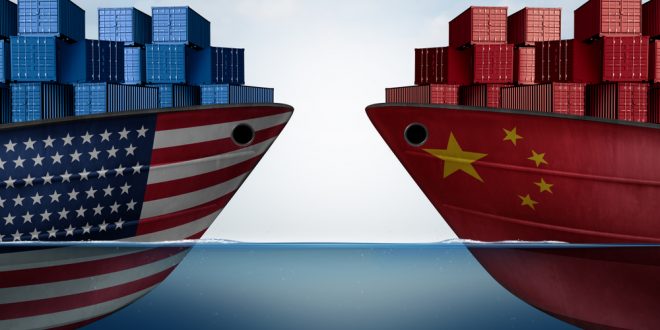US Treasury Secretary Janet Yellen has warned any effort to decouple from China would be “disastrous”, saying national security measures targeted at Beijing were not designed to “stifle” the Chinese economy. Yellen also cautioned against the idea of decoupling with China, stating that such a move would be “a big mistake”.
Yellen called for a ‘constructive and fair relationship’ between the world’s two largest economies and said the US did not want to ‘stifle’ China. According to an article in the Harvard Business Review, most business executives who have put time, effort, and investment into developing a presence in China resist the notion of decoupling from China.
A partial “decoupling” of US and Chinese technology ecosystems is well underway. Without a clear strategy, Washington risks doing too little or—more likely—too much to curb technological interdependence. Moves to put distance between the two economies are gaining support among Democrats and Republicans alike.
According to an article in Forbes, Biden should declare victory and end tariffs1. Biden’s actions to crack down on Beijing’s tech development will do more to hinder the Chinese economy — and divide the two nations — than Trump ever did.
Beijing has reiterated that it views and manages China-US relations in accordance with the principles of mutual respect, peaceful coexistence, and win-win cooperation. Chinese Foreign Minister Chen Gang told US Secretary of State Anthony Blinken, on Wednesday, that relations between the two countries are facing “new difficulties and challenges.”
Chen pointed the finger at the US administration, commenting: “It is clear who is responsible.” The latest round of Chinese-American talks, by phone, comes before an expected visit by Blinken to China next Sunday.
US Presidents Joe Biden and his Chinese counterpart, Xi, met in Bali in November and agreed to try to stop simmering tensions between Washington and Beijing from spiraling out of control, including by sending Anthony Blinken to Beijing.
Then Blinken abruptly canceled a flight scheduled for early February after the US said it had detected – and then shot down – a Chinese surveillance balloon that was flying over the US mainland, angering US House of Representatives. Beijing denied that the purpose of the balloon was espionage.
But the two sides have recently looked again to keep tensions under control, including an intense closed-door meeting between Biden’s national security adviser Jake Sullivan and senior Chinese diplomat Wang Yi in Vienna last month. Tensions have escalated sharply between the world’s two largest economies in recent years, particularly over Taiwan, the self-governing democracy over which Beijing claims sovereignty and has not ruled out taking it by force.
 Noor Trends News, Technical Analysis, Educational Tools and Recommendations
Noor Trends News, Technical Analysis, Educational Tools and Recommendations





